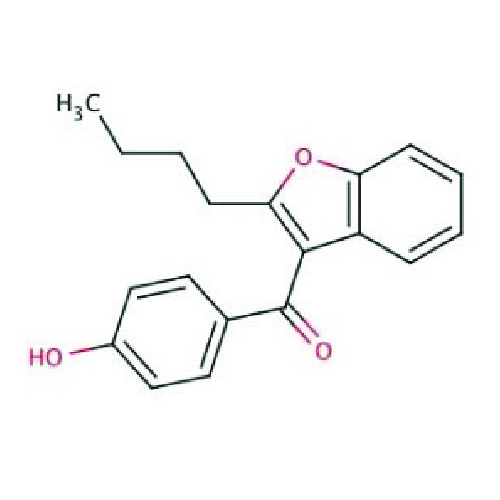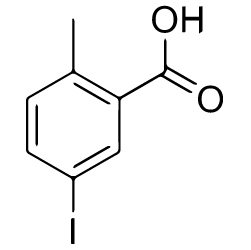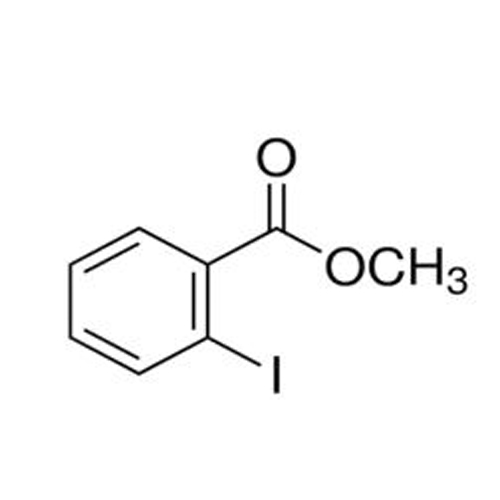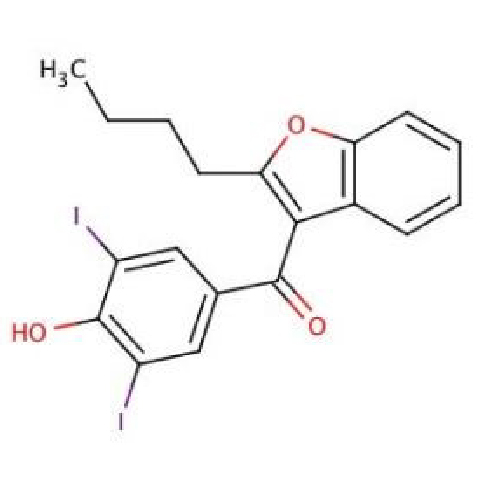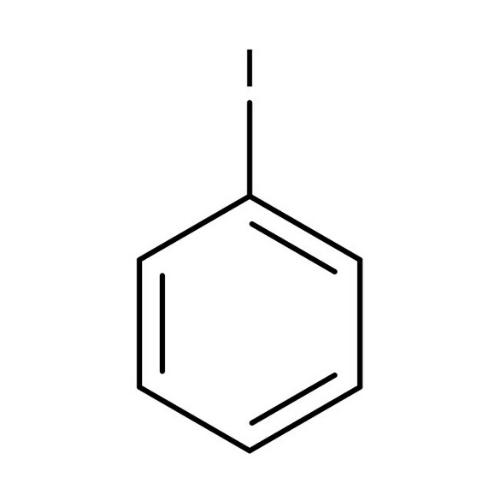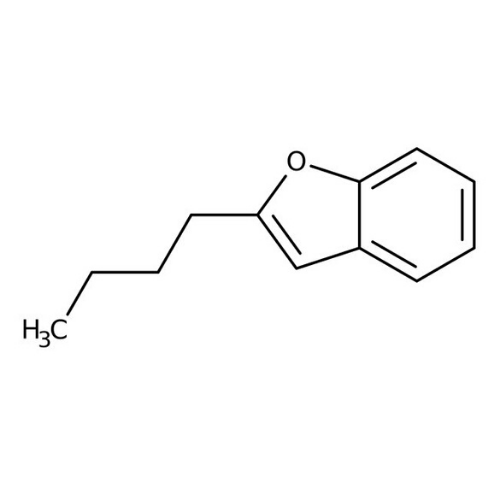

- Hydrogenation
- Controlled Substances
- Carbohydrates
- Asymmetric Syntheses
- Chiral Resolutions
- Heterocyclic Chemistry
- Cross-coupling Reactions
- Stable-labeled Compounds
- Inorganic Complexes
- Low-Pressure Reactions
- Natural Products
- Fluorine Chemistry
- Carbohydrates
- Controlled Substances
- Biopolymers
- Chiral Synthesis
Our expertise includes:
Specialty chemicals
Specialty chemicals are produced by a complex, interlinked chemistry. In the strictest sense, specialty chemicals are chemical products that are sold on the basis of their performance or function, rather than their composition. They can be single-chemical entities or formulations whose composition sharply influences the performance and processing of the customer’s product. Products and services in the specialty chemicals industry require intensive knowledge and ongoing innovation.
Globally,several specialty chemicals segments are projected to grow faster than the average annual growth forecast for all specialty chemicals during 2015–20. Growth prospects for some of these segments—notably nutraceutical ingredients, specialty polymers (high-performance and engineering thermoplastics), and electronic chemicals—are favorable because of the positive outlook for the corresponding end-use industries. Segments such as nutraceuticals, cosmetic chemicals, and flavors and fragrances owe their auspicious prospects to rising levels of disposable income in the developing world and renewed (if less-than-robust) consumer spending in North America, Western Europe, and Japan.
At Dynarx, we are focused on developing safe, scalable processes and have an excellent track record of providing innovative solutions to companies across the globe
Application
Specialty Chemicals involves the application of several principles. Several specialty chemicals segments are projected to grow faster than the average annual growth forecast for all specialty chemicals —notably nutraceutical ingredients, specialty polymers (high-performance and engineering thermoplastics), and electronic chemicals—are favorable because of the positive outlook for the corresponding end-use industries.
